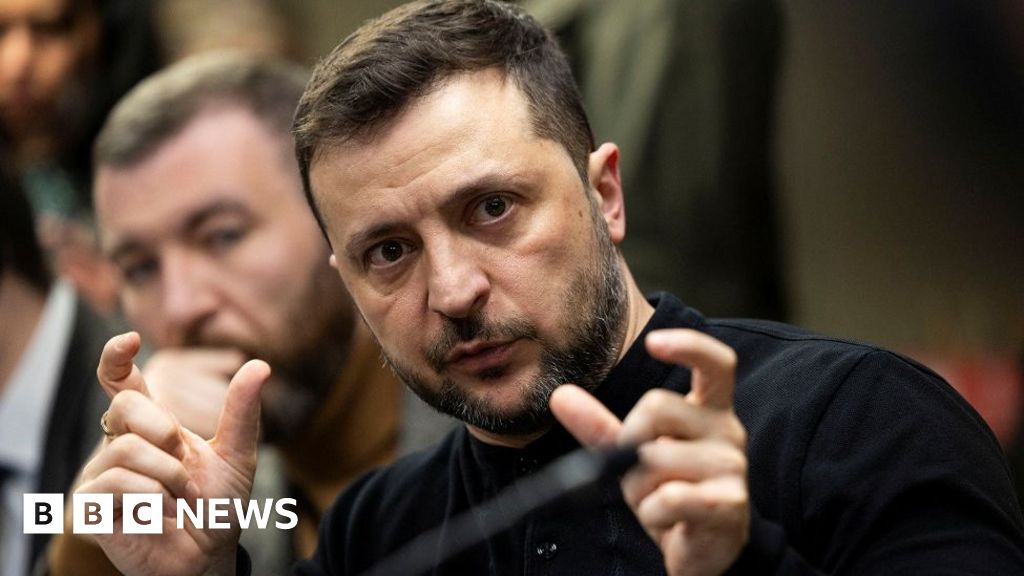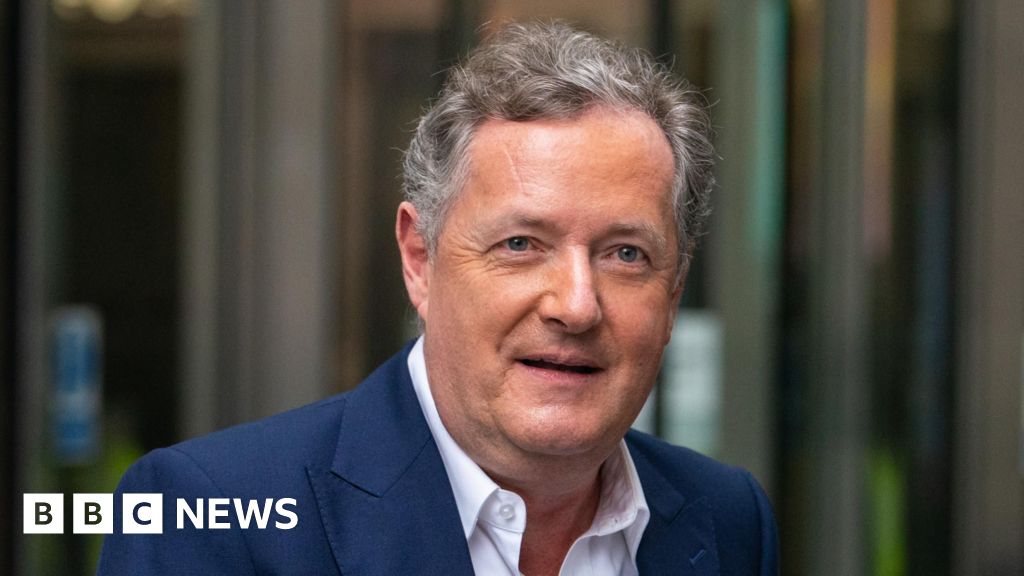Puebla, Mexico, Jan 20, 2025 / 15:20 pm
Cardinal Felipe Arizmendi, bishop emeritus of the Diocese of San Cristóbal de las Casas in Mexico, acknowledged the influence of organized crime in some areas of the country, thus partially backing recent statements by U.S. President Donald Trump on the lack of security in the country.
“It’s disturbing that a foreigner claims that organized crime rules our country,” Arizmendi said in an article shared with ACI Prensa, CNA’s Spanish-language news partner. “Even though our authorities maintain the opposite, there are facts that confirm that this is what is happening in some places and sectors.”
The cardinal’s comment comes days after controversial statements by Trump, who earlier this month said that in Mexico “they are basically run by the cartels.”
Mexican President Claudia Sheinbaum rejected Trump’s claim, insisting that “in Mexico, the people rule.”
Influence of organized crime
Arizmendi, who was created a cardinal by Pope Francis in 2020 and led the Diocese of San Cristóbal de las Casas from 2000–2017, alluded to several aspects that, according to him, reflect criminal influence.
In the area of local politics, the cardinal pointed out that public opinion is that in the last elections the criminals “authorized who could run for office. And once their candidates are elected, they demand a million-dollar monthly fee or to hold strategic positions” in the government.
“Municipal presidents [similar to county executives], local police, and other low-ranking officials must submit to their orders. They are not collaborators or accomplices, but they are oppressed by those who govern the region,” he charged.
Regarding the economy, Arizmendi said he has “firsthand data” that confirms that criminal groups “impose the price of almost everything, from tortillas and eggs to construction materials. This makes everything more expensive, and there is no one who can avoid and control it.”
Livestock traders “must buy the animals from whom these leaders order and at the price they impose,” he said, adding that something similar occurs in the timber industry, where members of organized crime “determine which trees must be cut down, and they are the ones who market the wood, which passes freely along our roads.”
Regarding extortion, the cardinal explained that businessmen “must pay them a fee; otherwise, they expose themselves to all kinds of reprisals, such as having their businesses burned down and those who refuse are murdered.” This widespread practice creates an atmosphere of fear and submission among local merchants and businessmen, according to the prelate.
Call to action
The cardinal urged the authorities, the Catholic Church, and civil society to “attack the causes of this violence by offering education, work, and social supports.” However, he warned that for many criminals, “what matters is to get as much money as they can.”
Arizmendi concluded by asking for prayer “that our authorities may be enlightened and do something more effective for social peace.”
Mexico is in a period of transition as Sheinbaum was sworn in as Mexico’s new president on Oct. 1, 2024, replacing Andrés Manuel López Obrador, during whose six-year term 199,621 homicides were recorded, the highest level in the modern history of Mexico.
The surge in violence occurred under the previous administration’s controversial policy of “hugs, not bullets” against organized crime. This approach attempted to combat drug cartel violence by addressing the root causes of the drug trade, such as poverty, and softened the use of force by the military and police.
(Story continues below)
Subscribe to our daily newsletter
As the Sheinbaum administration begins, Arizmendi said “there seems to be a change in the federal strategy to combat these crimes.”
This story was first published by ACI Prensa, CNA’s Spanish-language news partner. It has been translated and adapted by CNA.
 (1).png)
 1 month ago
14
1 month ago
14



















